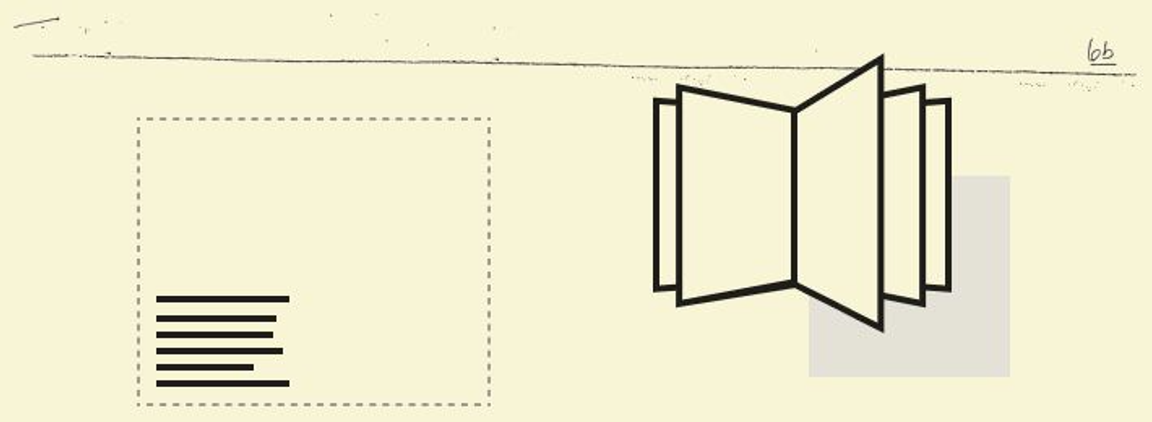 - Ethiopia and Iran signed a security deal this month in a pact that will likely help Addis Ababa in its battles against rising ethnic militias, writes an international relations professor in The Conversation. Under the new agreement the two countries will share intelligence, experience, and training at a time when tensions between Ethiopia and Eritrea are growing. Meanwhile, Iran stands to gain growing influence on the continent, where it is trying to expand political and economic ties.
- Africa needs “a new global financial architecture” that reduces its dependence on expensive commercial debt, argues a senior fellow at the African Center for Economic Transformation. “Innovative instruments like debt-for-climate or debt-for-investment swaps can tie sustainability to solvency,” writes Joseph Atta-Mensah for LSE Blogs. He also makes the case for boosting tech transfer to help countries climb the value chain instead of relying on commodity exports.
- Hundreds of miners in eastern DR Congo labor by hand in search of coltan, a mineral vital for the world’s electronic devices, despite the ongoing conflict between government forces and Rwanda-backed M23 rebels. The Associated Press spoke to men working in a mine at the center of the conflict, finding that little has changed for workers. “I earn $40 a month, but that’s not enough,” one miner said, saying he doesn’t know where the minerals he unearths go once they leave the site.
- China’s driving role in the clean energy transition could establish an “electroyuan” system that is “reminiscent of the petrodollar system for a decarbonised world,” posits an energy consultant. For emerging markets like those in Africa, “yuan-denominated financing could offer lower borrowing costs, currency stability, and integration into China’s green manufacturing ecosystems,” writes Ebipere K. Clark for the London-based Africa Policy Research Institute.
- Africa’s history of failed parallel governments offers key lessons for Sudan, writes an international relations scholar for Democracy in Africa. As the country grapples with two rival administrations, its leaders should look to how parallel regimes in Angola, Libya, and Somalia exacerbated humanitarian crises, prolonged wars, and fostered extremism. “To avert deeper division, Sudan must pursue inclusive peace, justice, and reconciliation,” says Gehad Ahmed.
|